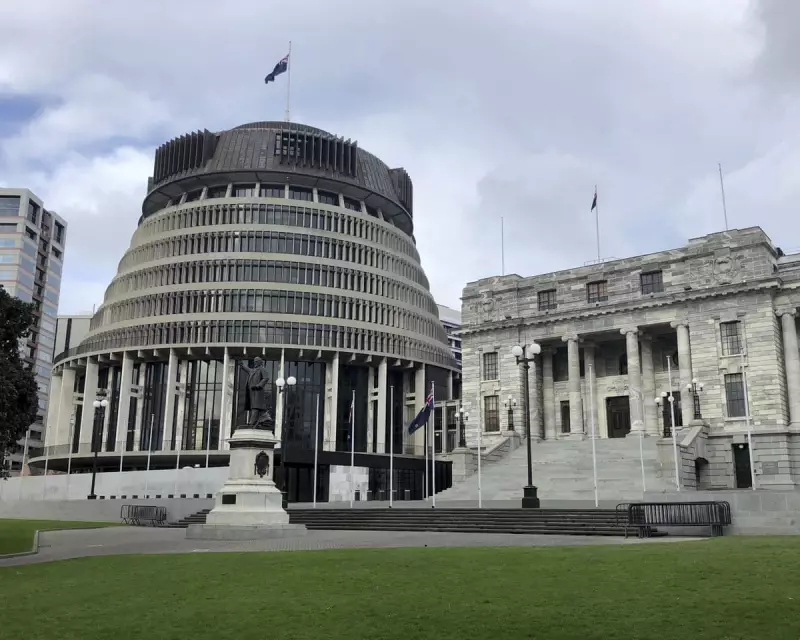
New Zealand has taken a significant step towards electoral reform, with new measures aimed at bolstering Māori representation and aligning the country's voting system with international human rights standards. The proposed changes, announced by the government, seek to address long-standing disparities and ensure a more inclusive political landscape.
A Historic Shift in Representation
The reforms mark a historic shift in New Zealand's electoral system, which has long grappled with issues of indigenous representation. The changes include:
- Expanding Māori seats in parliament to better reflect population demographics
- Introducing new safeguards to protect indigenous voting rights
- Aligning electoral laws with UN human rights conventions
Balancing Tradition and Progress
While the reforms have been welcomed by human rights advocates and Māori leaders, they have also sparked debate among opposition parties. Supporters argue the changes are long overdue, while critics question the timing and potential impact on the broader electoral system.
"This is about ensuring every New Zealander has an equal voice in our democracy," stated the Minister for Electoral Reform. "We're finally addressing systemic barriers that have limited Māori participation in our political processes."
International Recognition
The reforms have drawn attention from international observers, with several human rights organizations praising New Zealand's leadership in indigenous rights. The changes position the country as a potential model for other nations grappling with similar issues of representation and equality.
As the legislation moves through parliament, all eyes will be on how these reforms reshape New Zealand's political landscape and what they might mean for indigenous rights globally.





